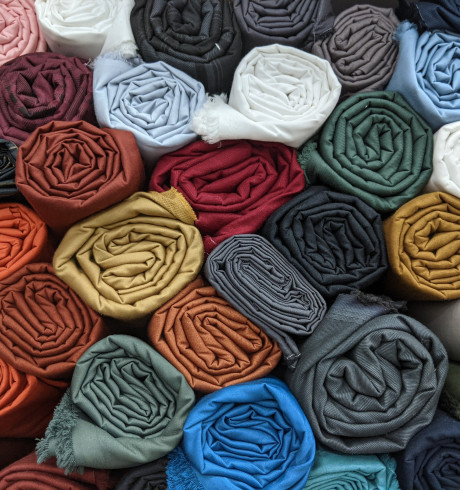Minimum Wages in Bangladesh - Zalando stays and pays
Minimum Wages in Bangladesh - Zalando stays and pays
Zalando’s statement on the minimum wage negotiations in Bangladesh
Zalando’s statement on the minimum wage negotiations in Bangladesh

The current situation in Bangladesh illustrates the challenges arising from the imbalance between economic growth, social justice and labour rights on the global market.
Bangladesh has been and continues to be a strategic sourcing destination for Zalando. We continue to support collective bargaining as a key part of improving labour conditions in the country. To promote this in Bangladesh and generally the countries with large fashion production, we have been a member of ACT on Living Wages - a group of leading brands campaigning for fair wages in the fashion industry, as well as the IndustriALL Global Union since 2018.
We are concerned about the recent developments in Bangladesh and maintain that the new minimum wage of 12,500 Taka, is not enough to cover all necessary expenses many workers have to account for in their daily lives. Zalando and all ACT brands would like to see a higher minimum wage for textile and garment workers in Bangladesh than was announced by the National Minimum Wage Board last year. While we do not think it is private companies’ place to interfere in wage negotiations of sovereign countries directly and thus have little influence in this process, we do hope for all negotiating parties to reach an agreement soon that further raises the minimum wage. This is something we have been advocating for, including in the framework of “ACT on Living Wages”.
As such, we see it as our responsibility to pay the wages negotiated by the parties chosen to do so. We have always done it and will always do so. We are committed to supporting our partners and will continue to do so as wages increase over time, just like other ACT brands.
We unequivocally believe in everyone's right to freedom of expression, freedom of association and collective bargaining and sincerely hope that the interests of all sides are taken into account, which above all means that the wages of textile and garment workers are further increased to match their needs.